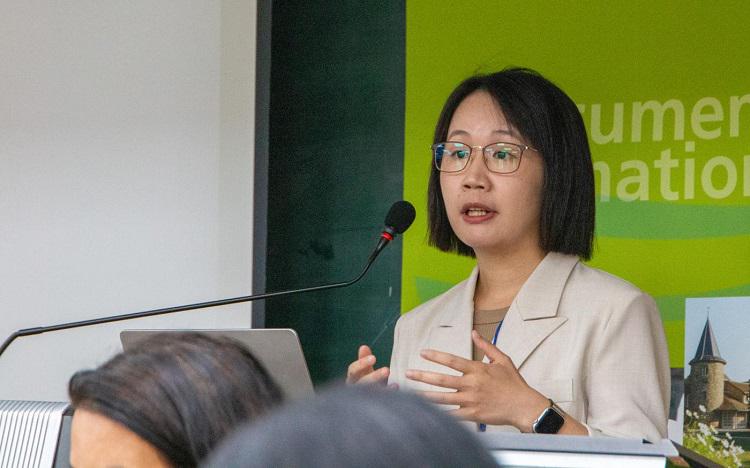Suk Yi Pang, a commissioner with the World Council of Churches Commission on Ecumenical Education and Formation, is from the Hong Kong Council of the Church of Christ in China. In a video interview, she reflects on forming the next generation of ecumenical leaders. The commission met at Yonsei University in Seoul, South Korea, in June.
In the video, Suk Yi Pang begins with words on why the way we speak of ecumenical formation is so important.
She firmly believes ecumenical formation means much more than instilling the correct knowledge into the younger generation. The commission, she adds, will help bring a refreshing spiritual approach.
The commission is diverse not just in terms of geographical locations but in terms of faith traditions, local challenges, and on-the-ground insights.
"That's very fascinating and I'm very confident that this commission is going to have so much to offer not only to us but to the whole education arm of the World Council of Churches," she said.
It's what she describes as the "spark of difference" that is the lifeblood of the commission.
"It's a vibrant, diverse, robust group," she said. "We will have our first programme, the GETI 2025, so we are coming together and sharing our own perspectives and concerns, and we are just beginning to share our vision of this commission," she explained.
In 2025, GETI, or the Global Ecumenical Theological Institute, will be held at the WCC Commission on Faith and Order's World Conference in Egypt.
"When we come together in ecumenical events, we have such awareness," she said.
But she also issues a challenge: can we develop a new sense of how we encounter "otherness'"—or differences? "It's not the opposite pole on whatever spectrum we find ourselves in," she said. "It could be something we took for granted for too long. It could be within our own identities that we're trying to suppress something."
Originally from the World Council of Churches
CCD edited and reprinted with permission












